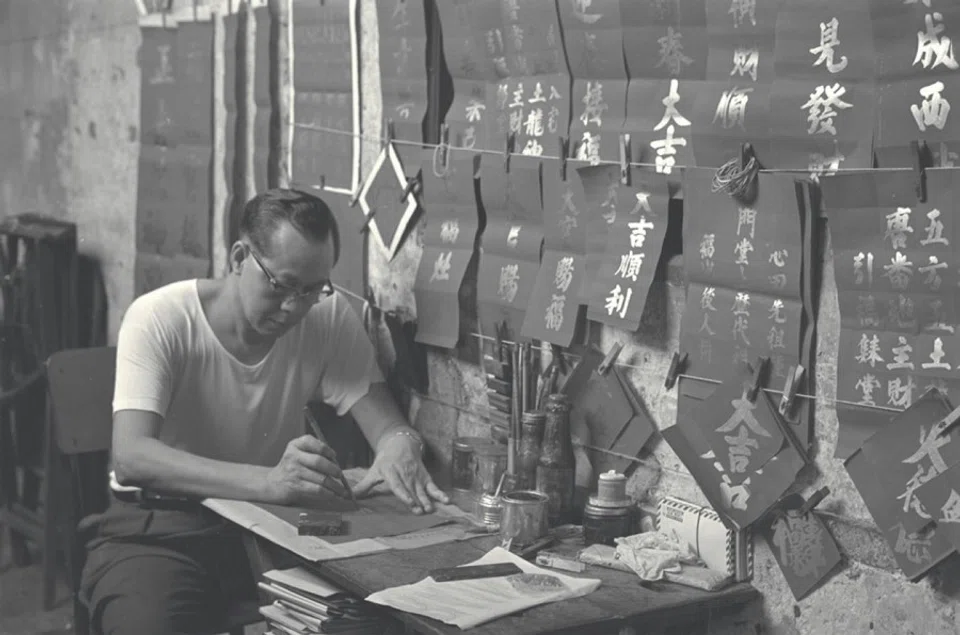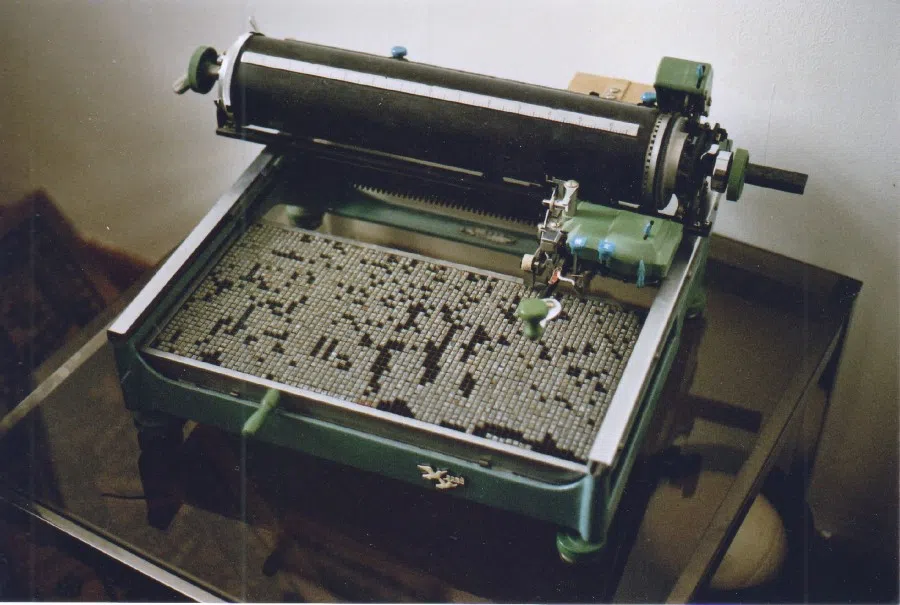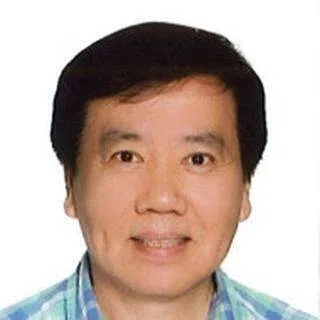What's in a Chinese name?
Hua Language Centre director Chew Wee Kai notes that names carry everything from culture to history, values and identity - and even the trend of the time. So, what's in a name? Plenty.

Names are markers infused with an indelible cultural flavour, and so they are firmly tied to personal taste. The Chinese saying goes that one should never change their name no matter the circumstances; heroes stand upright and gentlemen have nothing to hide. And so, names have been elevated to a moral level.
... names are not just markers - they carry the fervent hopes of parents for their children's destinies.
Careful calculations for a name
There is nothing wrong with being famous, but throughout history and all over the world, one has the choice to remain anonymous. This could be born out of necessity, such as in times of war, when underground political activities and espionage are rife. To hide one's identity, changing names becomes like changing clothes - names were changed at a moment's notice according to the needs of the mission and in the interest of safety and cover.
Names are a rather good topic for sociological research. Apart from the influence of political events, there are several factors that cause certain names to come to trend. Furthermore, names are not just markers - they carry the fervent hopes of parents for their children's destinies.

In the 1960s and 1970s, Taiwanese filmmakers adapted novels by Qiong Yao for the screen, captivating Chinese-speaking audiences. The names of the characters in these dramas became popular references for children's names. The names of the babies born in that era quickly shifted away from the commonplace lian (莲, lotus) and hua (花, flower), while Chinese characters that embodied pureness and feminine qualities such as wen (雯, colourful cloud), yu (雨, rain), xue (雪, snow), ru/yi/ruo (如/依/若, as/like), meng (梦, dream), xiao (晓, dawn), yan (雁, wild goose), and han (寒, cold), became a hot new trend for names.
Tweaking names
It is a longstanding tradition to seek a fortune teller to make careful calculations in naming children according to their Eight Characters (生辰八字), which is based on the date and time of birth. But as children become adults and face the challenges of life - be it difficulties in gaining fame, hindrances to their career, or a bleak love life - they would consult an expert to examine their names based on the theory of the Five Elements (Gold, Wood, Water, Fire and Earth).
These adults would then change their names, adding elements such as the water or gold characters or radicals where they are deemed lacking. And so, many new Chinese characters are added to the name list, with rare and created words coming in to try to alter people's destiny.
... when I started Primary Two, I decided to simplify it to the homonym jie (介, between) by getting rid of the radical tian (田, field) on top, casting aside the tough work of tilling fields and taking the lazy way out, thinking nobody would find out.

I once paid a visit to the head of the examination department. This was the era before the widespread use of computers, and I saw him bent over the desk, meticulously writing created Chinese words - made to match the five elements, the words look awkward and unnatural. The department head said that once he was done, he would pass them to a professional to handwrite these untypeable strange names on examination certificates.
For a long time, Chinese names in Singapore were not legally binding and could be changed at will. When I was young, each time I wrote the character jie (界, world) in my name, it looked like a top-heavy cartoon character with a big head and a slender body. There were just too many strokes for my liking.
And so, when I started Primary Two, I decided to simplify it to the homonym jie (介, between) by getting rid of the radical tian (田, field) on top, casting aside the tough work of tilling fields and taking the lazy way out, thinking nobody would find out. My dad eventually noticed and asked me why without reprimanding me, silently allowing my little shenanigan.
Meaning of Class A in school
Over the years, I realised that names indeed have trends. Each era has its unique naming style, and once people tire of it, new trends take over. And when one lines up the names that are rough and folksy, have a strong political meaning, or are steeped in an artistic flavour, it shows the timeline of a society. Similarly, class names in schools also trace the evolution of society.

Classes in school were often named according to numbers or letters of the alphabet. Oftentimes, classes were arranged alphabetically with its students sorted to each class based on their academic performance. Over time, it was understood that the "A" class is the elite, and going down the line, the letters towards the end naturally indicated the "dunces". Those among the ranks of lousy students were seen as hopeless cases.
In those days, Chinese schools did not name classes according to the English alphabet, but by the heavenly stems and earthly branches (天干地支).
Later on, in an attempt to rectify the gap, classes were no longer ranked from best to worst, and the "A" class was no longer assumed to be the high-performing class. But after some time, resourceful parents shared among themselves the new labels that indicated the high- and poor-performing classes, spoiling the school's initial efforts.
In those days, Chinese schools did not name classes according to the English alphabet, but by the heavenly stems and earthly branches (天干地支). The jia, yi, bing, ding (甲乙丙丁) and so on of the ten heavenly stems would have naturally been ingrained in children's brains from the first day of school. However, there were not many schools that had more than four classes in each level back then, so most people did not know what came after ding.
When I went to secondary school, there were more than ten Secondary One classes, so the heavenly stems were not enough, and they had to tap on the 12 earthly branches - now that was scale. Out of curiosity, I spent a lot of time walking up and down the classroom corridors to memorise the order of the stems and branches. This marked the beginning of my cultural awareness.
... markers can also be a subtle cultural seed, nurturing a lasting sense of identity.

About seven or eight years ago, I found out by chance that Catholic-founded St Nicholas Girls' School has retained the culture of naming its classes after virtues such as Charity, Faith, Grace, Hope, Justice, Purity, Wisdom, Diligence and Loyalty, a unique cultural touch in a sea of classes named A, B or C.
Six years ago, my friend took me to visit his hometown in Laos. His alma mater Liaodu Chinese School still names its classes Loyalty (忠), Filial Piety (孝), Benevolence (仁) and Righteousness (义), awaking his pride as a student of the Filial Piety class. In that moment, I realised that markers can also be a subtle cultural seed, nurturing a lasting sense of identity.
This article was first published in Lianhe Zaobao as "代号的潮流".



![[Big read] When the Arctic opens, what happens to Singapore?](https://cassette.sphdigital.com.sg/image/thinkchina/da65edebca34645c711c55e83e9877109b3c53847ebb1305573974651df1d13a)
![[Video] George Yeo: America’s deep pain — and why China won’t colonise](https://cassette.sphdigital.com.sg/image/thinkchina/15083e45d96c12390bdea6af2daf19fd9fcd875aa44a0f92796f34e3dad561cc)
